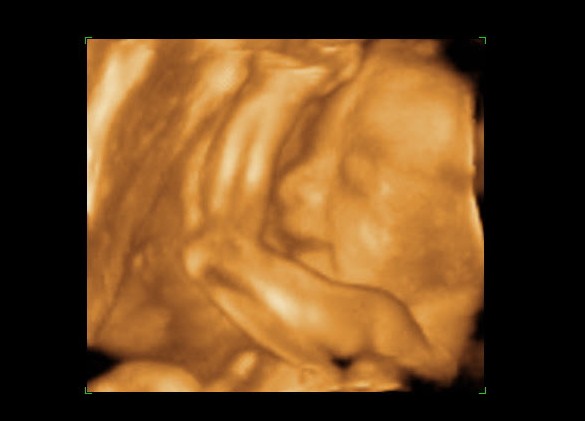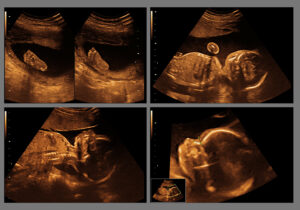Pennsylvania students are missing out on one of the most essential lessons in biology: how every human life begins and develops in the womb.
Thanks to advances in science and technology, we now have extraordinary ways to see and understand human development from conception to birth. Yet our state’s curriculum hasn’t caught up.
Two important bills—SB 973, introduced by Sen. Michele Brooks, and HB 606, introduced by Rep. Joe Hamm—would change that.
These bills would update biology standards to include:
- Ultrasound videos showing organ development at seven key gestational ages.
- High-quality, computer-generated renderings of a baby’s development inside the womb.
- Clear instruction on the effects of drugs, alcohol, and tobacco on both mother and child.
Students would be able to watch a baby grow from the moment of conception until birth—an experience that deepens both knowledge and respect for life.
Why This Matters
1. A core part of biology.
Early human development is not an “add-on.” It’s central to biology. Students already study cell division, genetics, and organ systems. Adding prenatal development connects these concepts to real life and reinforces learning outcomes.
2. Preparing for healthy pregnancies.
Many students will one day become parents. Understanding milestones like when organs begin forming, when brain waves can be detected, or when thumb-sucking begins helps them make informed decisions about health and wellness.
For example:
- Knowing when organs are developing emphasizes why nutrition and prenatal care are critical.
- Learning how drugs, alcohol, and tobacco impact a baby helps teens avoid choices that could harm their future children.
3. Promoting maternal health.
This education doesn’t just benefit students intellectually—it has real health outcomes.
- Students gain health literacy: the ability to understand medical information and make wise choices.
- They learn the importance of early prenatal visits, balanced nutrition, and avoiding environmental risks.
- They’re more likely to recognize the significance of maternal health for the child’s long-term well-being.
A generation better educated about these realities means healthier pregnancies and healthier children.
The Miracle of Early Development
Science confirms the remarkable truth of what happens inside the womb:
- By 9 weeks, a baby’s heart is beating, brain waves can be detected, and fingers and toes are present. Babies can suck their thumbs, open and close their jaws, stretch, and even sigh.
- By 10 weeks, babies are making breathing motions and can yawn.
These aren’t abstractions—they’re real, visible moments of human life. Imagine high school students watching ultrasound videos and animated renderings that bring these facts to life. Such lessons leave a lasting impression about both the value of life and the responsibilities that come with nurturing it.
A Healthier Pennsylvania
SB 973 and HB 606 create a healthier Commonwealth by equipping young people with the knowledge to:
- Make informed choices now.
- Build healthy habits that prepare them for parenthood later.
- Appreciate the beauty and complexity of life as it develops.
This isn’t controversial—it’s common sense. Science, technology, and education should work together to prepare students not only for academic success but also for the responsibilities of adulthood.
Take Action
It’s time to bring Pennsylvania’s curriculum up to date. Students deserve to learn the full truth about life in the womb and how their choices today affect the families they will raise tomorrow.
👉 Contact your State Senator and State Representative today. Ask them to vote YES on SB 973 and HB 606.
Together, we can ensure the next generation of Pennsylvanians grows up informed, responsible, and ready to build a healthier future for our state.
Related Content:





